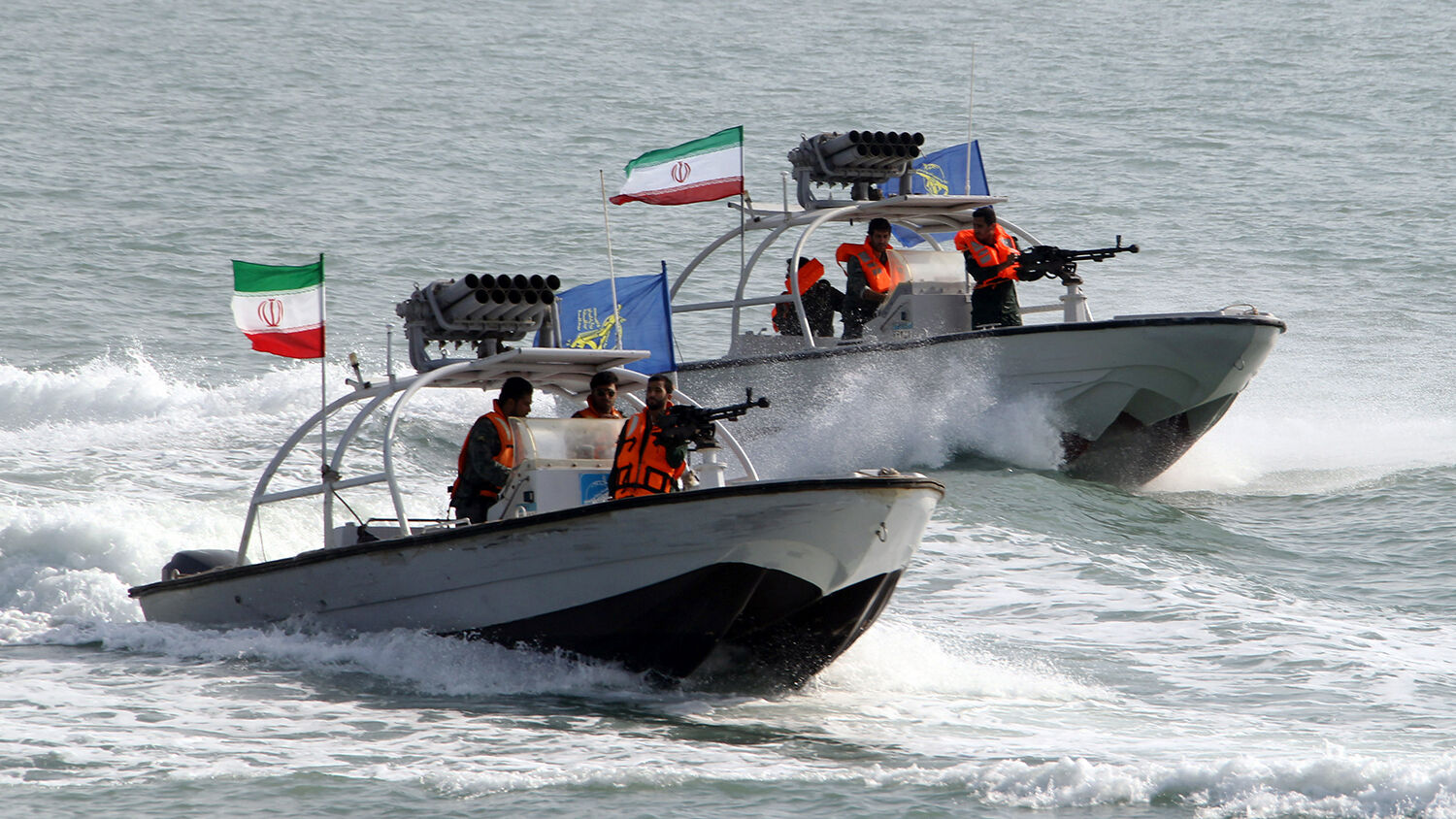News
Biden Escalates Tensions With Iran With Military Buildup in the Gulf

US President Biden’s continued military buildup in the Gulf threatens a “dangerous” conflict with Iran, according to US-based analysts, as the two countries seek to resolve their differences through dialogue.
This week, the Pentagon announced the deployment of thousands of US troops to the region to help secure maritime lanes, such as those in the Strait of Hormuz, from Iranian “harassment.”
Last week, the Associated Press reported that the US military was considering deploying armed men on commercial ships passing through the strait – the major entryway into the Gulf – in an unprecedented move.
Iran reacted angrily to the story, saying it will arm its Revolutionary Guard navy with drones and missiles in response to the US advances.
According to Sina Toossi, a senior scholar at the Centre for International Policy in Washington, DC, President Joe Biden is continuing the “failed policy” of economic warfare and escalation against Iran implemented by the US State Department and Pentagon.
Since 2018, when Trump cancelled a multilateral nuclear deal in which Tehran agreed to dial back its nuclear programme in exchange for the relaxation of international sanctions against its economy, US-Iranian relations have become increasingly strained.
“The track record of this policy, not just in the last five years, but for decades, has been that it will lead to a cycle of mutual escalation, with the US escalating and Iran counter-escalating.” “This is extremely dangerous,” Toossi told Al Jazeera.
The US has accused Iran of seizing multiple international ships passing through the Gulf in recent months.
Analysts noted that Tehran’s recent actions in strategic waters coincided with Washington’s seizure of an Iranian oil tanker as part of its sanctions-enforcement campaign.
The ship is currently off the coast of Texas, but according to multiple US news outlets, American oil corporations are reluctant to bid on the impounded oil for fear of Iranian retaliation against their own ships in the Gulf.
According to Toossi, both countries are attempting to demonstrate their ability to retaliate against hostile measures by the other party. He also cautioned that the US and Iran are on a “escalation ladder” that might lead to conflict. Diplomacy’s prospects have deteriorated this year.
Biden took office in early 2021 on a pledge to resurrect the Iran nuclear deal, technically known as the Joint Comprehensive Plan of Action (JCPOA).
However, after numerous rounds of indirect talks failed to repair the deal, Washington maintained its sanctions system against Tehran and heaped on more restrictions.
The well publicised JCPOA talks were finally halted, and efforts to restart them were hindered by an Iranian crackdown on anti-government protestors and allegations that Tehran was supplying Moscow with drones for use in Ukraine.
According to Ryan Costello, policy director at the National Iranian American Council (NIAC), a Washington, DC-based organisation that supports US diplomacy with Iran, stories about boosting the US military presence in the Gulf read like a “throwback” to the Trump administration.
While the Biden administration claims to be seeking to prevent Iran from harassing ships, Costello believes Tehran may see the increased US military presence as an effort to make it easier for Washington to take Iranian tankers.
“It’s a dangerous cocktail,” he told Al Jazeera.
Iran has condemned US military operations in the Gulf as hostile foreign intrusion.
“What does the Persian Gulf, Gulf of Oman, and Indian Ocean have to do with America?” According to the semi-official Tasnim news agency, Iranian armed forces spokesperson Brigadier-General Abolfazl Shekarchi. “What is your purpose for being here?”
However, the Pentagon has stated that its recent deployments in the region are part of a long-standing US policy of collaborating with partners to “deter potential aggression and keep those shipping lanes open.”
The Gulf contains a large portion of the world’s oil, which has huge ramifications for the energy market and the global economy.
The new tensions come just months after the Iranian and Saudi regimes – the latter of which is a key US ally – agreed to normalise relations in an agreement mediated by Beijing and applauded by Washington.
Nonetheless, the Biden administration has been seeking to reassert itself in the region following the Tehran-Riyadh accord, which raised questions about the US position in the region.
According to Imad Harb, director of research at the Arab Centre Washington DC, Washington is attempting to highlight its commitment to the area in a message to allies and rivals alike.
“It’s also sending a message to China and Russia that the US is still very interested in what happens in the Middle East, concerned about whatever Iran is doing, and concerned about asserting its influence – and, as far as I’m concerned, hegemony in the region,” Harb told Al Jazeera.






























